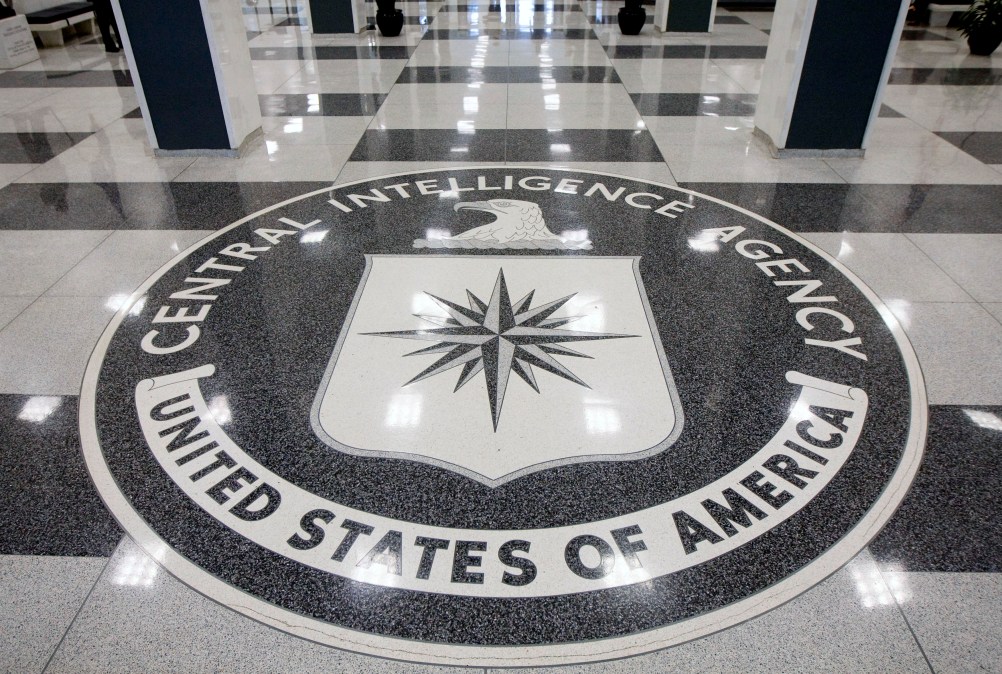CIA launches federal lab to support innovative intelligence breakthroughs

The CIA looks to position itself as a player in the larger federal research and development ecosystem with the creation of its first federal lab.
The agency launched CIA Labs officially Monday as “a federal laboratory and in-house research and development arm for CIA to drive science and technology breakthroughs for tomorrow’s intelligence challenges,” it said in a release.
CIA Labs’ focus will be multidisciplinary, with research interests in:
- Advanced materials and manufacturing.
- Artificial intelligence, machine learning, and data analytics.
- Bioscience and biotechnology.
- Distributed ledger/blockchain-enabled technologies.
- Virtual and augmented reality.
- High performance and quantum computing.
- Future wireless and telecommunications technologies.
- Robotic, autonomous, and human interface systems.
“Some phenomenal innovations have come from CIA over the years, and with CIA Labs, we’re now better positioned to optimize developments and further invest in our scientists and technologists,” Dawn Meyerriecks, head of CIA’s Directorate of Science and Technology, said in a released statement. “In an evolving threat landscape, CIA Labs will help us maintain our competitive edge and protect our nation.”
With the lab, the CIA will establish itself as a partner to the larger federal labs R&D community as well as to external partners in academia, the private sector and other research entities.
Additionally, the lab will give officers the ability to patent or license the intellectual property they develop for the CIA.
Meyerriecks teased the launch of the lab last week at the Intelligence and National Security Summit, highlighting this aspect of allowing CIA service members to patent their work. She called it “our attempt, based on others before us, to register and in fact patent the [intellectual properties] of our inventors,” and a “different way to take care of our people.”
“It creates a relationship across the U.S. academic community and academia, as well as the National Labs of all flavors so that we call talk about tough technical challenges,” Meyerriecks said. “But by giving patents, [the CIA can] also provide financial reward over and above salary to our inventors … so that those good ideas actually return value not only to the individuals but to the entities that register that information.”
It’s unclear how much of the work produced in CIA Labs will be public, as the agency has a long history of inventing secretvie new technologies for spycraft.
CIA Labs is asking for interested partners to reach out about general research projects and Cooperative Research and Development Arrangements (CRADAs).




